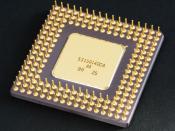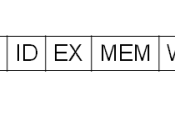Anna Hardy - Lucie Lambert - Manon Lauzet - Thomas Jouvel - Chloé Gilles
Exercice in Negociation Analysis
Exercise on BATNAs, reservation prices, and ZOPAs
A primer on BATNAs, reservation prices, and ZOPAs
This introduction talks about Negotiation concepts. BATNA (Best Alternative to Negotiated Agreement) is the last proposal that a person can do before exiting the negotiation. You have to prepare your BATNA before the negotiation to keep in mind what is your alternative solution if the agreement cannot be reach.
Then, Reservation Prices is the point beyond which a negotiator is ready to walk away from a negotiated agreement. In a negotiation you are indifferent between settling at your reservation prices or BATNA. The reservation prices is a threshold that both sides establish a maximum for the buyer (BRP) and a minimum for the seller (SRP). As a consequence, if SRP > BRP you cannot reach an agreement.
Finally, ZOPA (Zone Of Possible Agreement) is the interval between the SRP and the BRP.
Exercise 1 :
Jewel's equipment is a manufacturer of magnetic card readers for medical application. Now they are negotiating with their possible suppliers of CPU (central processing unit). They propose two types of CPU: Z-1 and Z-2. Z-1 working slightly better than Z-2. The estimate benefit of Z-1 over Z-2 is about $5/unit.
There are three main suppliers:
Acme, that sells Z-2 CPU at $35/unit.
Beta, that sells Z-1 CPU at $38/unit.
Condor, which negotiation has not begun yet, is selling Z-2 CPU.
a. In negotiation with Condor, what is Jewel's BATNA?
We know that Acme has offered to sell Jewel Z-2 CPUs (central processing unit) at $35/units. But we have to add $5/unit to Z-2 because the benefit of Z-1 over Z-2 is about $5/unit. So,
35+5=40>38 (price of Z-1)
Jowel's BATNA...


